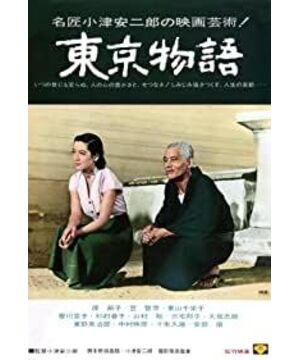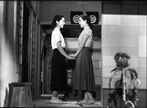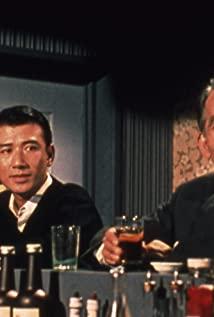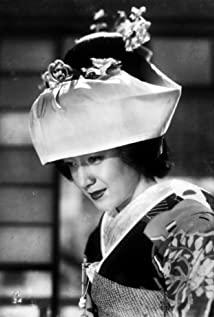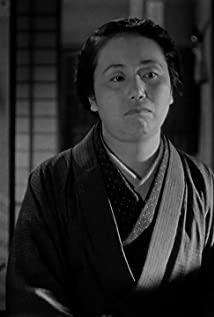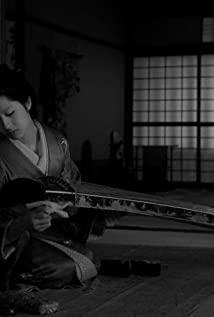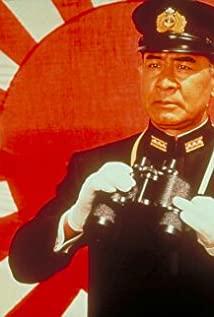Ozu has been dedicated to describing family, family relationships and lonely old age life all his life.
In the time and space of his films, the physical flow of time is usually transformed into a Zen-like stretch of time and space. We all know that Ozu does not like too deliberate editing skills, and does not need some fancy lens language such as short shots and montages. He just uses the most ordinary language. Grouping shows us the rhythm of psychology and artistic conception.
He hardly needs a lift, he shoots from a low-angle frontal camera, and asks the actor to lean forward slightly towards the camera when speaking. I think he wants to show an attitude of willingness to listen to the heart seriously, it really reflects Japan's traditional worldview of politeness and restraint.
"Tokyo Story" uses the "tatami point of view", which means that Ozu asked the camera to shoot the old couple's conversation on the tatami with an upward angle. There is also insisting on shooting the characters from the front, and even when the characters are in dialogue or action, the balance of the horizontal line of the composition must be maintained. This free time and space view that ignores the cross-axis also reflects the inner spirit of Ozu's films.
First, the family
"Tokyo Story" simply tells the story of an old couple in a small town who went to Tokyo to visit their children. What they tasted during this time was the cold feelings of the children, so the two decided to return to the family. In the small town, the old wife died on the way back to her hometown. What I have experienced is that the sudden change of traditional family relations brought about by the rapid urbanization of Japan has brought this kind of utter pain to people. The so-called traditional family relationship collapsed.
Second,
in the films of the old man Ozu, most of them are about the old people who are full of helplessness and sadness about the changes in family relations, and try their best to maintain the old family concept.
Third, death
I have found that the depiction and representation of death in Ozu's films is almost avoided. In "Tokyo Story", the wife died on the way back to her hometown, which was also hidden and downplayed by the director. I still don't understand why the director did this.
Fourth,
the depiction of female characters in female Ozu films is almost absent, or simply toned down. After checking, I found out that Ozu never married, which means that he is lonely and old. Maybe this has something to do with the lack of female representations in his movies, but I can't understand the specifics.
This kind of "warmth" in Yasujiro Ozu's films is not what I imagined.
I'm afraid of this Ozu-style "warmth".
View more about Tokyo Story reviews


